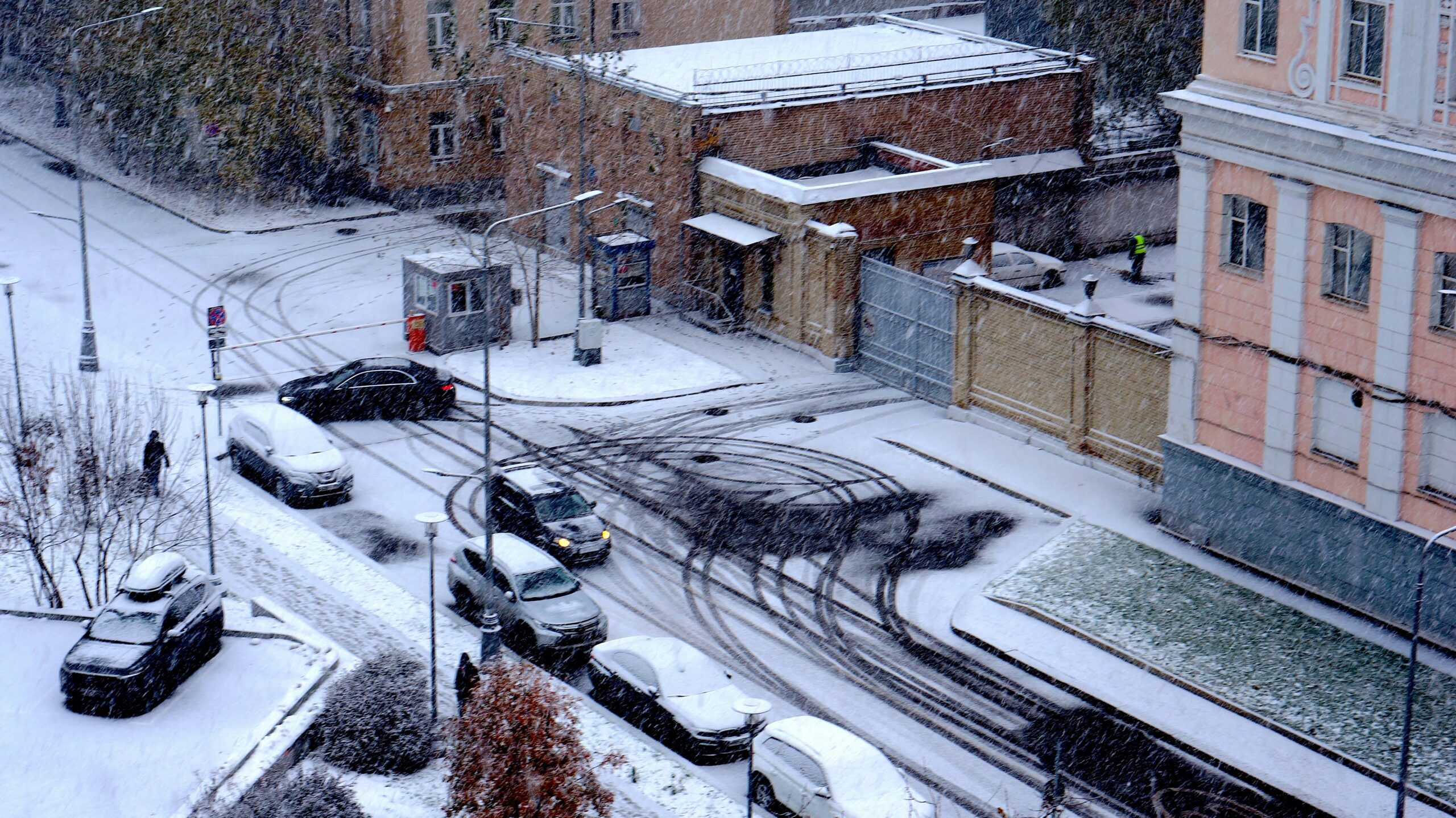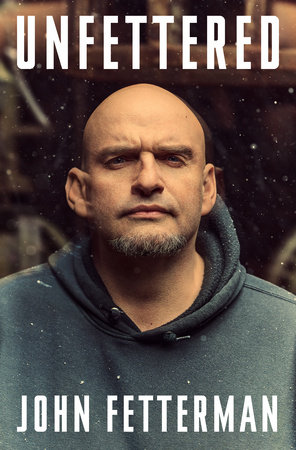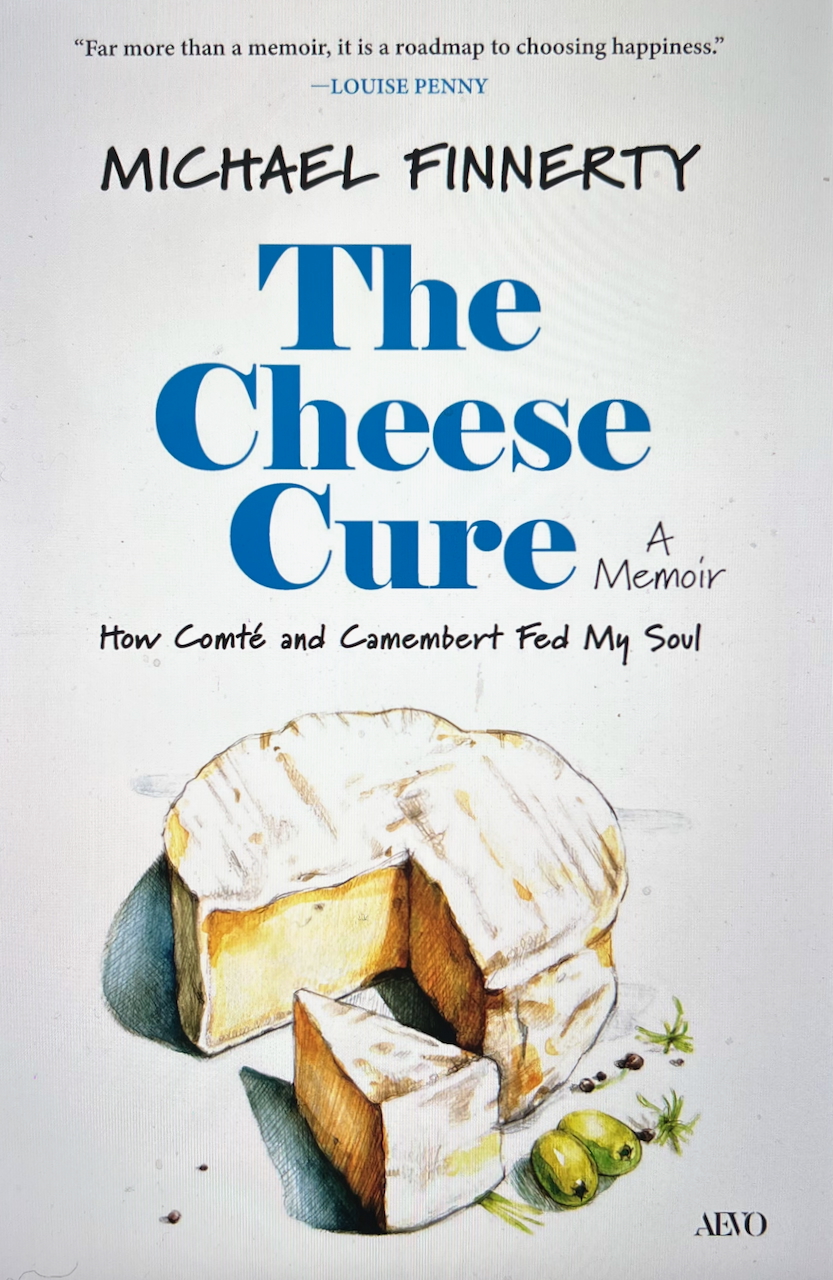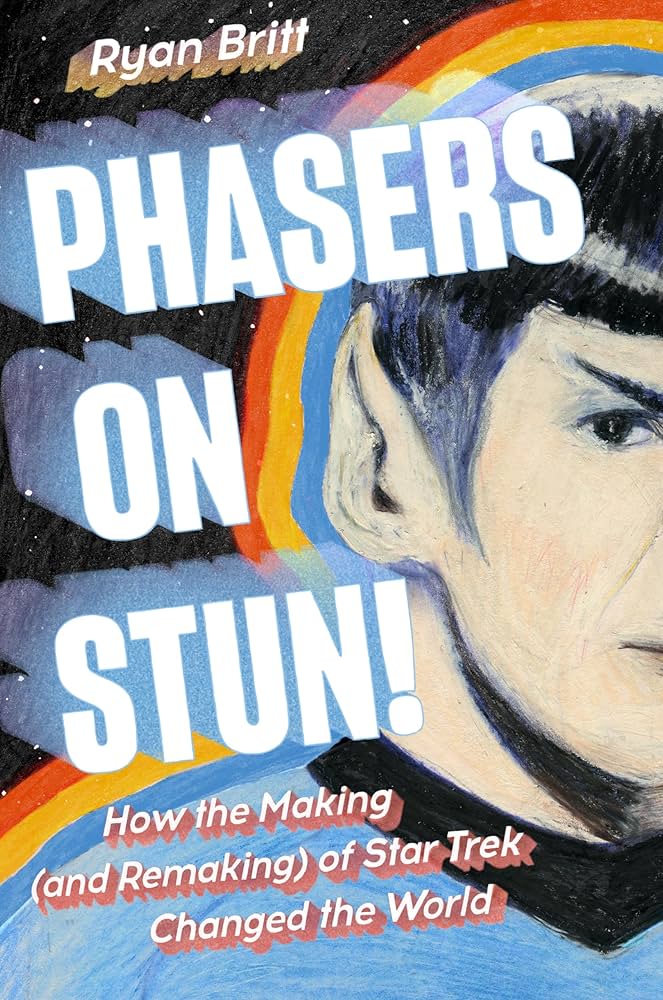Time Shard Passages: Christopher Stark and 48 St. Stephen Premiere New Duet
By Chris King
November 10, 2023

Christopher Stark’s world premiere of “Cocci di tempo” (which he translates from Italian as “Shards of time”) on Saturday, October 28 at Washington University’s 560 Music Center was a collaboration between the composer and 48 St. Stephen, the piano-violin duet who brought it to life.
Stark, who teaches composition in WashU’s Music Department, took 48 St. Stephen’s commission with him to Rome, Italy, where he spent a year at the American Academy after winning the 2022 Rome Prize. He wrote the piece there, under the spell of Rome and of new friends who were investigating the city’s antiquity. The structure of Cocci di tempo is more archaeological than musical. More than parts, it has strata: an opening theme and rhythm that get sampled and appear as a loop in the second part, then concludes with another layer of sound incorporating everything that has gone before with new surprises.
The piece has simple elements—the piano in the opening part is so relentless at times it sounds like a loop before it becomes one—and makes serious demands. Particularly in the final strata, the writing demands almost excruciating gradations of shrill notes on the violin. The dialogue between piano and violin is intricate, involved and intense throughout. For the fifteen minutes of the premiere performance, both musicians—Angela Kim on piano and Clara Kim on violin—inhabited the composition totally.
Their profound understanding of Stark’s composition came through in the program they curated that culminated in this world premiere. After opening with an upbeat, dynamic crowd pleaser, “Sonata No. 6 for violin and keyboard in G Major” by J.S. Bach, 48 St. Stephen set up the Cocci di tempo premiere with two gutsy pieces of music that offered clues to the new composition.
The audience experience at the Stark premiere of these two preceding pieces—“Sonata No. 1 for violin and piano” by George Walker and the eighth and final movement of Olivier Messiaen’s Quatuor pour la fin du temps (“Quartet for the end of time”)—was put in historical context by 48 St. Stephen’s introduction of the music. Clara Kim did all of the talking because Angela Kim, who directs keyboard studies at Southern Illinois University Edwardsville, had lost her voice.
We were told that George Walker was the first Black composer to receive the Pulitzer Prize in Music (for Lilacs for voice and orchestra, 1996), something I did not know. Walker composed “Sonata No. 1” (1958) long before that accolade and 65 years before this premiere of Cocci di tempo, but there is a kinship between the two compositions. They share a force field, a way of constraining and modulating tensions, between piano and violin.
The Messiaen movement was placed in the heart-stopping perspective of having been written in a Nazi prison camp and premiered in 1941 with the composer on piano and three fellow prisoners of war on violin, cello, and clarinet—something else I did not know. (Ignorance can be instructive.) What a burden to place on a performance, all that historical weight, and this was a duet doing the work of a quartet in performing Messiaen’s culminating movement.
Not only did 48 St. Stephen pull it off, but they paid Stark the consummate respect of performing their premiere immediately after such a powerful piece of music with so much historical weight. They also were maybe dropping a breadcrumb to mark a path. If Stark was not already hip to the Messiaen movement and did not work with Messiaen’s sense of tension between piano and strings while composing Cocci di tempo, then his collaborators were providing him with some revealing archaeology on his own music. Check this out!
Messiaen was not composing for the end of time, after all, though it is possible to forgive him if he felt that way in 1941. Stark writes rooted in an ongoing reassessment of past times with a confidence that time and the reimagining of past times will continue. The music reveals a tense and conflicted confidence, but that just makes it more believable. At the premiere, 48 St. Stephen ended Cocci di tempo with it feeling open-ended, which is just the opposite of incomplete.
In fact, the composition itself is open-ended, a living document shared by the composer and the two attuned musicians who commissioned and premiered it. Stark prefers to compose for musicians who have the trust and flexibility to give him feedback on their parts and to suggest revisions. There is a confidence quotient here as well, as not every classically trained musician can maintain confidence in a composer who opens their composition to critique and collaboration from musicians.
I thought I would enter into the collaborative spirit of this thing and offer the composer a suggestion. “I was thinking about archaeology and digging up ancient music,” Stark told me about this piece, this shard, of music, “so I made my own fake ancient music, and then buried it and re-dug it up, repeat, etc.” It is understandable for Stark to believe that he had to make his own fake ancient music, under the assumption that ancient sculpture and pottery can be dug up from the earth but not the sounds of the ancients’ songs.
However, I thought Stark should consider the notion that the grooves of ancient pottery could be played with a stylus possibly to retrieve the sounds of the workshop, maybe even some singing at the potter’s wheel, but then I decided to research whether that idea had been tried already. It certainly has been imagined before. I learned that in a Gregory Benford story from 1979 the grooves on pottery from medieval England are played to produce period sound. The title of that story? “Time Shards.” How does Christopher Stark translate the title of his new composition into English? “Shards of Time.” I think he has been digging around in here already.






